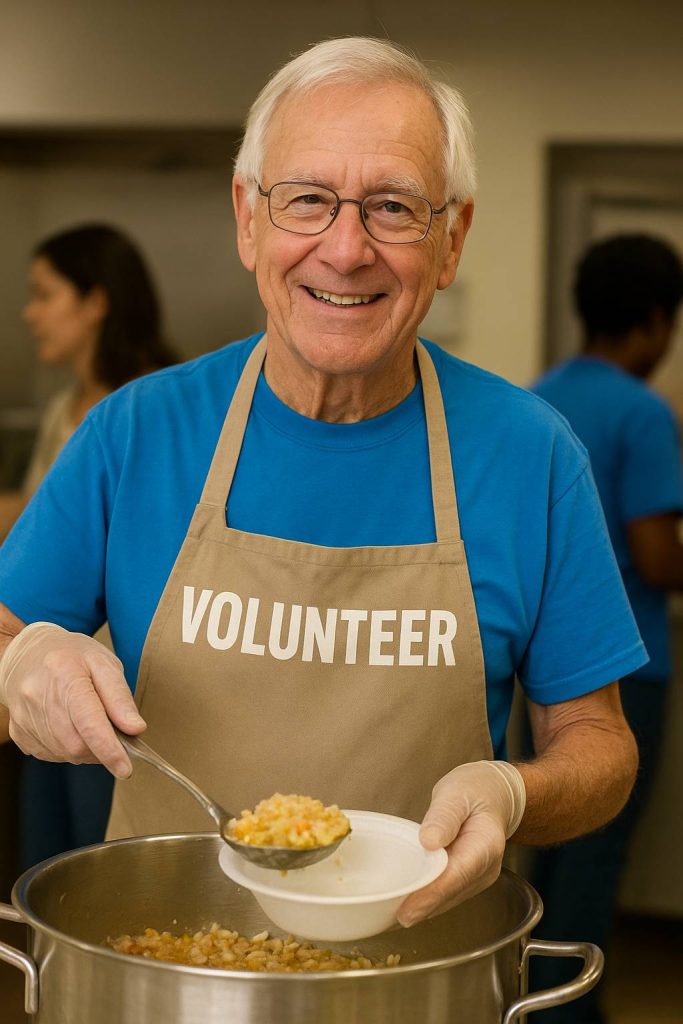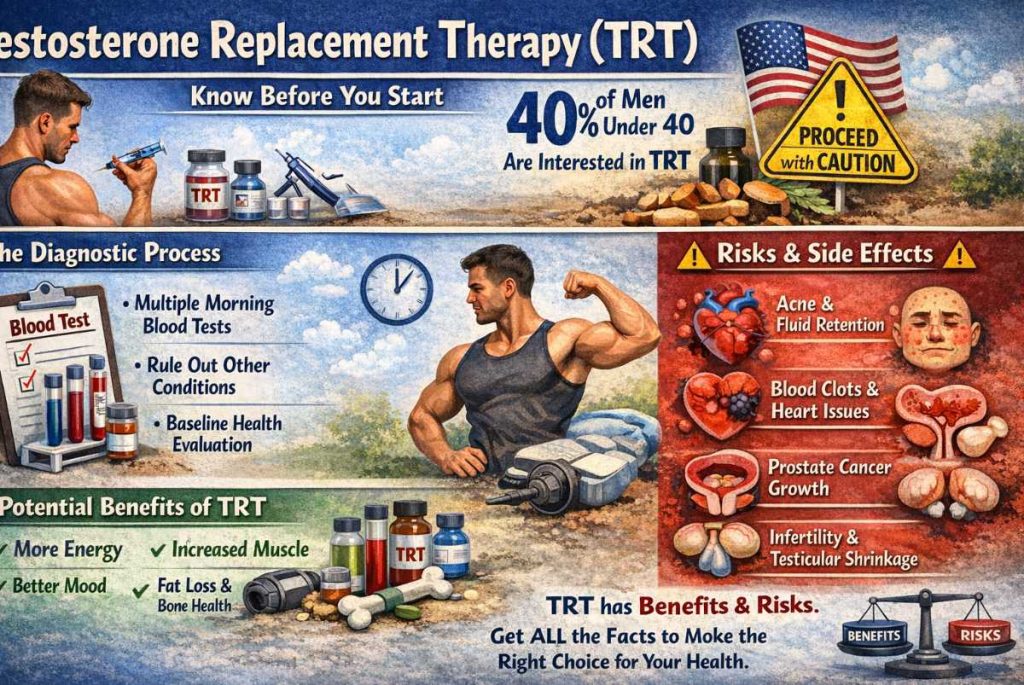Retirement often means ending one chapter and starting another filled with new opportunities. For many, it’s a chance to leave behind daily work routines, but you don’t have to stop being productive. This latest phase is ideal for exploring hobbies, volunteering, or starting projects that interest you.
Imagine waking up without a strict work schedule. Having more free time can lead to more opportunities for personal growth and enjoyment. Embracing your retirement doesn’t mean being idle. It allows you to discover what you care about and how to spend your days meaningfully.
Let’s look at ways to stay productive after retirement.
Hobbies and Interests
Retirement lets you dive into activities you’ve always wanted to try. Whether it’s painting, gardening, or learning an instrument, hobbies keep you engaged. These activities not only provide enjoyment but also help you learn new skills and meet new people.
Consider joining a local art class or community garden. These options can bring joy and connect you with others who share your interests. Learning something new can energize your daily routine and keep your mind active. These hobbies can also lead to a sense of accomplishment, which is rewarding in retirement.
Volunteering

Volunteering is a great way to stay busy and give back to your community. It gives you purpose and satisfaction by knowing you’re helping others. Many organizations, like schools, hospitals, and animal shelters, need support.
Volunteering benefits both those you help and yourself. You’ll meet different people, learn new skills, and possibly find new passions. Many retirees say volunteering adds structure to their week, making their days feel meaningful.
Retirement Homes
Moving to a retirement home can provide many opportunities for staying active. These communities are not just for resting; they are lively places with activities and social clubs. You can engage in pursuits like fitness classes or arts and crafts.
In a retirement home, you’ll find a ready-made community eager to connect. Joining group activities or clubs can lead to new friendships and a renewed sense of achievement. Many facilities even offer programs for continuous learning, allowing you to explore new subjects. The environment in these homes encourages staying active and involved, helping your post-retirement years be fulfilling and enjoyable.
Lifelong Learning
Learning doesn’t stop when you retire. Many retirees enjoy continuing their education. You can take college courses or online classes from places like Coursera or Khan Academy. Lifelong learning can stimulate your mind and improve your overall well-being.
Learning new things, such as a language or cooking skills, can refresh your mind and open up new experiences. It’s also a great way to meet people who have similar interests. Education keeps you curious and inspires discussions that challenge your views, making life exciting.
Travel and Exploration
Retirement is a great time to travel. You can visit national parks, explore new countries, or check out nearby towns. Travelling brings excitement to your life and helps you create lasting memories.
Think about planning trips with friends, family, or travel groups for retirees. These trips can enrich your life and help you see the world from different angles. If you have always dreamed of visiting historical sites in Europe or relaxing on a Caribbean beach, now is the perfect time to make those dreams a reality!
Physical Activity
Staying active is essential in retirement. Exercise is good for both your body and your mind. Regular physical activity can boost your mood, lower stress, and increase your energy.
You don’t need to go to a gym; simple exercises like walking, yoga, or swimming are great options. Many communities offer fitness programs for seniors, making it easier for everyone to stay active. A routine that includes physical activity can give you a sense of achievement each day.
Social Connections
Keeping social connections is key to happiness in retirement. Friends and family offer support and companionship. Make time to nurture these relationships with regular meetups, coffee dates, or game nights to keep your social life active and your mind engaged.
Making new friends after retirement is also important. Join clubs or attend community events where you can meet new people. Interacting with others can lead to fun conversations, new hobbies, and collaborative projects.
In the end, retirement is not the end but the start of a new adventure. Fill this time with activities that matter to you and make you feel alive. Take those first steps into this exciting phase and enjoy rediscovering your passions and making new friends along the way.





